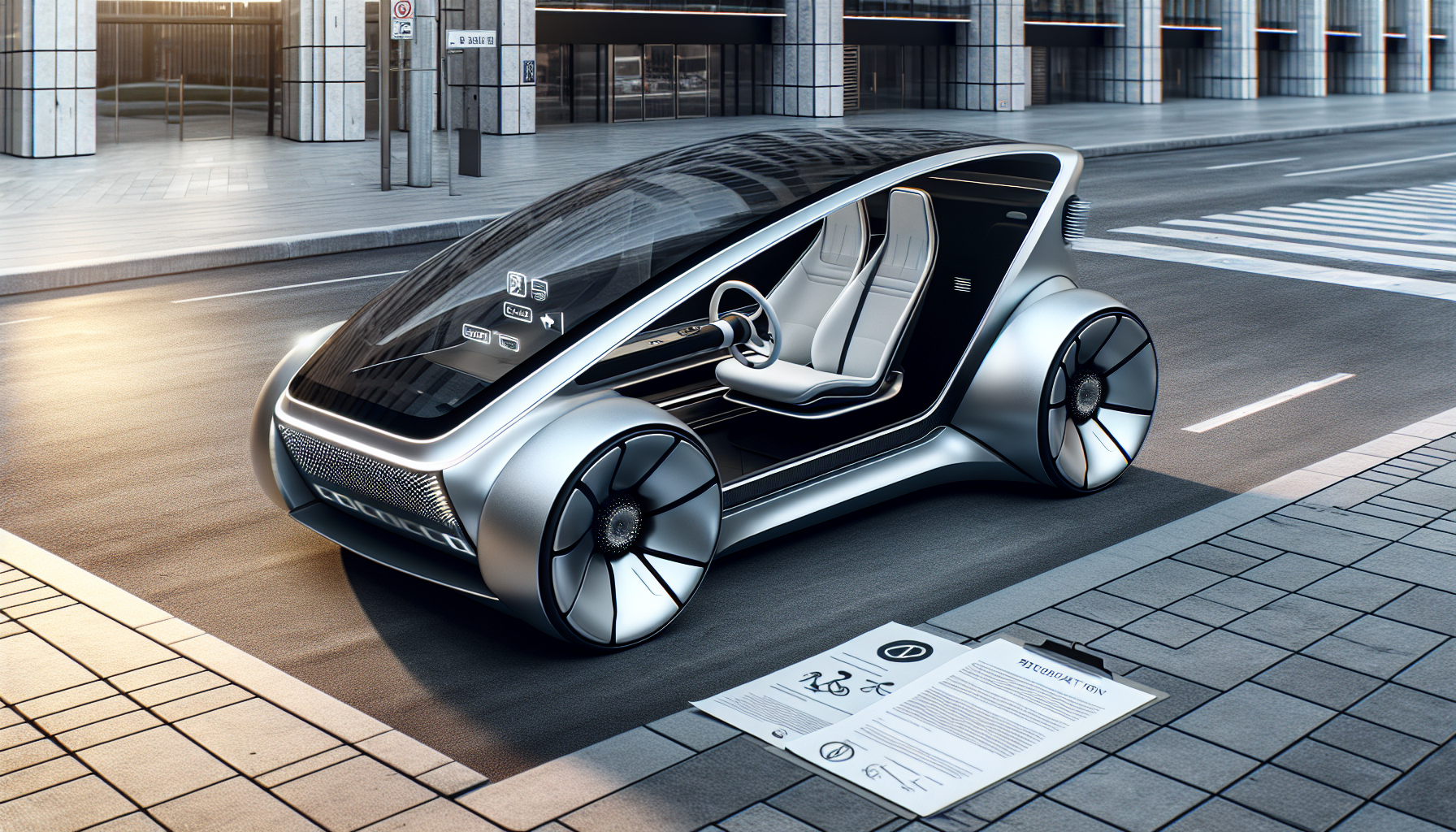Tesla's board chair Robyn Denholm indicated that the company's upcoming Cybercab robotaxi might feature a steering wheel and pedals to comply with U.S. safety regulations. This potential change contrasts with the vehicle's original design as a fully autonomous two-seater without manual controls. Production is slated for 2026, but regulatory limits could restrict deployment without such adaptations.
Tesla unveiled the Cybercab at an event in Hollywood last year, presenting it as a purpose-built autonomous vehicle without a steering wheel or pedals. CEO Elon Musk emphasized this design during the reveal, stating, "If you try to make a car that is essentially a hybrid, manual, automatic car, it's not going to be as good as a dedicated autonomous car. So, yes, Cybercab is just not going to have steering wheels and pedals." The two-seater is priced under $30,000 and intended for robotaxi services, with Musk reiterating during last week's earnings call that it would launch in Q2 2026 without controls to minimize operational costs.
However, regulatory hurdles are prompting a rethink. U.S. National Highway Traffic Safety Administration rules currently cap manufacturers at 2,500 autonomous vehicles per year without steering wheels or pedals, requiring exemptions for higher volumes. Obtaining such exemptions has proven challenging, as seen with General Motors' scrapped Cruise Origin shuttle, which faced prolonged delays and eventual cancellation after safety issues.
In a Bloomberg interview, Tesla board chair Robyn Denholm expressed flexibility, saying, "If we have to have a steering wheel, it can have a steering wheel and pedals." She added that the company would work with regulators, noting, "If we can’t sell something because it needs something, then we’ll work out what we need to do." This stance reflects Tesla's ongoing struggle with full autonomy; even its current robotaxi trials in the San Francisco Bay Area require human drivers. The Cybercab is viewed by some as the long-awaited affordable model, akin to a Model 2, but its minimalist design limits broader appeal without manual options.
Complicating matters, U.S. Transportation Secretary Sean Duffy's Department seeks to streamline exemption reviews, though it cannot raise the production cap without congressional action. Tensions between Duffy and Musk, including Musk's recent criticism labeling him "Sean Dummy" over a SpaceX contract dispute, may further impact Tesla's regulatory path.

